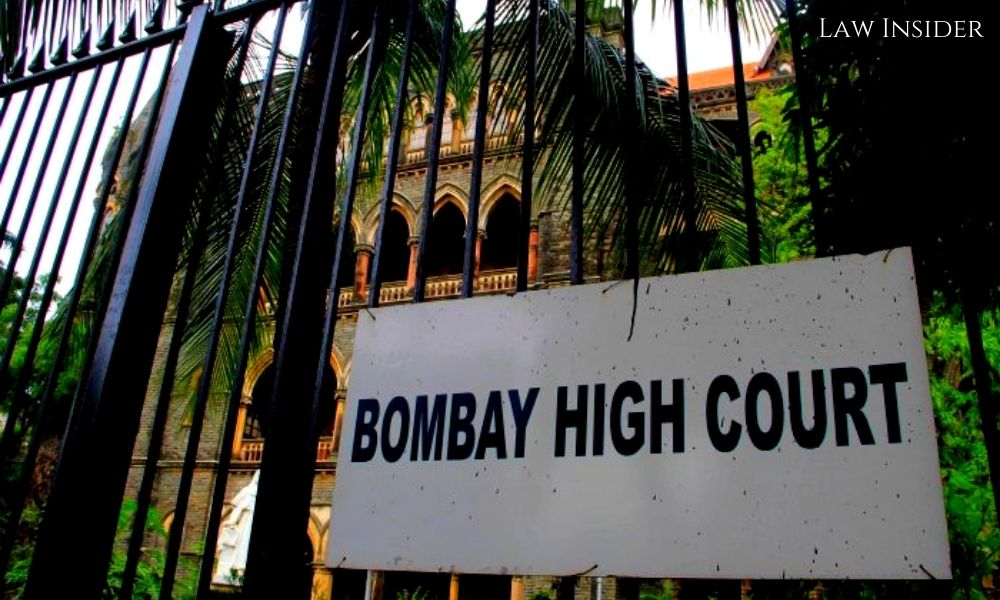LI Network
Published on: 1 August 2023 at 23:02 IST
The Bombay High Court, in a recent ruling, has observed that the deputation of a petitioner with the Armed Forces Tribunal does not alter their basic employment status as a member of the Armed Forces.
The court clarified that the petitioner’s employment with the armed forces continues to be in effect, and the Armed Forces Tribunal does not replace their original employer. As a result, the Central Administrative Tribunal (CAT) lacks jurisdiction to entertain the petitioner’s application.
The Division Bench consisting of Justice G. S. Kulkarni and Justice Jitendra Jain made this observation in response to the case before them.
The court emphasized that the petitioner’s deputation with the Armed Forces Tribunal should not be seen as terminating their employment with the armed forces or establishing the tribunal as their new employer.
Instead, the petitioner’s fundamental employment status as a member of the armed forces remains unchanged, and all conditions of service associated with their armed forces employment persist.
The court rejected the petitioner’s claim that their armed forces employment ceased upon accepting the deputation appointment and that the armed forces tribunal became their new employer.
The case involved a petitioner who was initially appointed in the services of the Indian Army through a circular. Subsequently, the petitioner applied for the post of registrar, which was accepted with a deputation period of three years, governed by the terms and conditions specified in the DOPT Office Memorandum.
However, on May 10, 2023, the competent authority decided to prematurely repatriate the petitioner on administrative exigencies. The petitioner filed a writ petition before the CAT to challenge the order.
The CAT dismissed the petition, asserting that the petitioner would be governed by the provisions of the Armed Forces Tribunal Act, 2007. Subsequently, a Writ Petition was filed before the Bombay High Court to challenge the impugned order.
The court addressed the term ‘deputation,’ noting that although it was not explicitly mentioned in sub-clause (ii), it could be considered to fall under clause (iv), which is a broad term encompassing any other residual categories.
The court interpreted this phrase in the context of the other three enumerations and the main provision of Section 3(o) of the Armed Forces Tribunal Act, 2007, considering it as ‘ejusdem generis.’
Furthermore, the court clarified that a matter can only be considered a service matter if it relates to the conditions of a person’s service under Section 3(o) of the Act. In this regard, the court relied on the dictum of the Supreme Court in the case of Lieutenant Colonel Vijaynath Jha Vs. Union of India & Ors. [(2018) 7 SCC 303]. Accordingly, the court concluded that the CAT did not have jurisdiction over the subject matter of the case.
The court dismissed the Petition and upheld the impugned order, emphasizing that the petitioner’s case did not fall under the exceptions carved out in Section 3(o) of the Armed Forces Tribunal Act.

